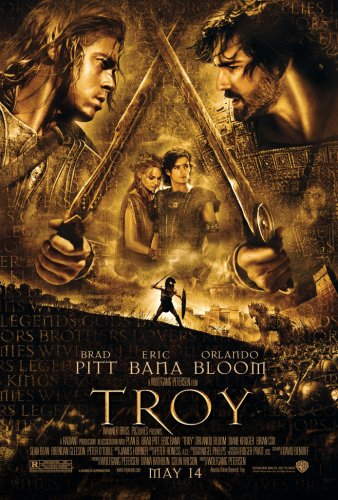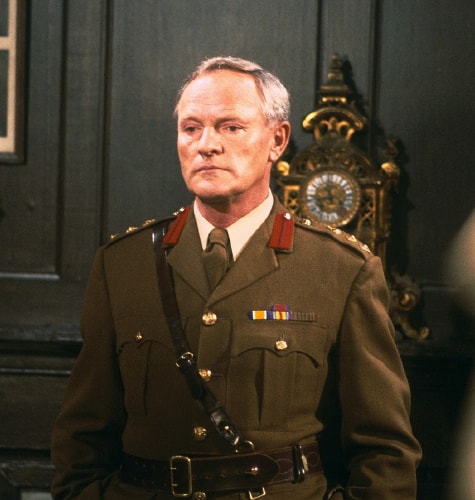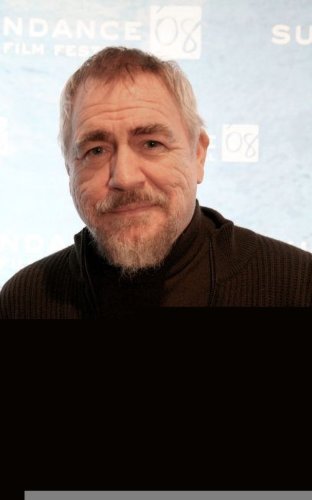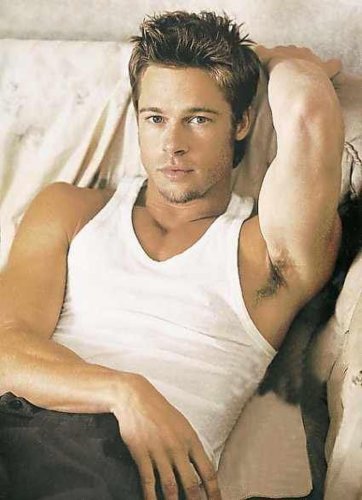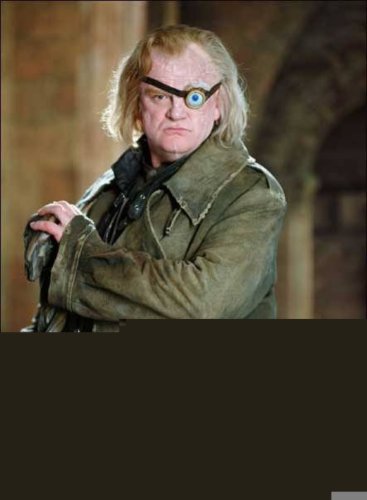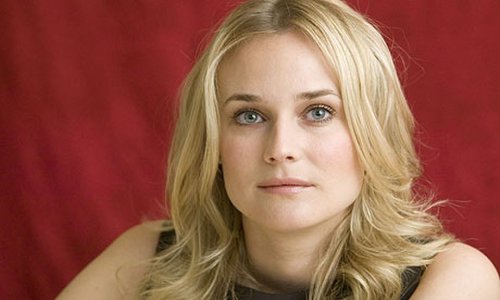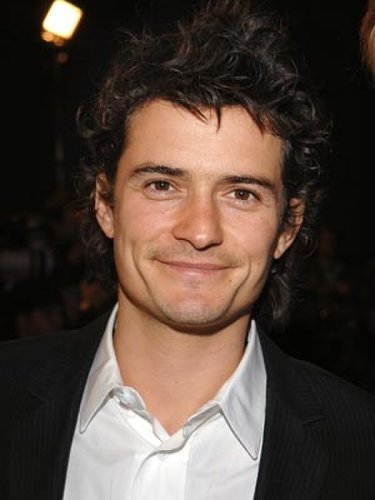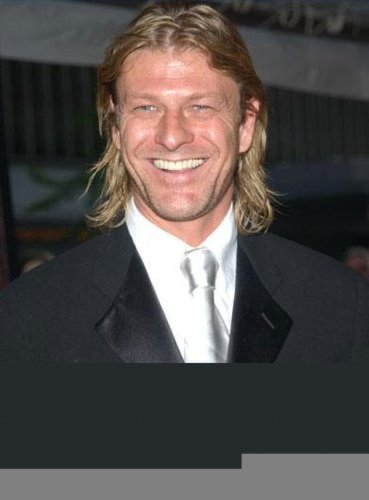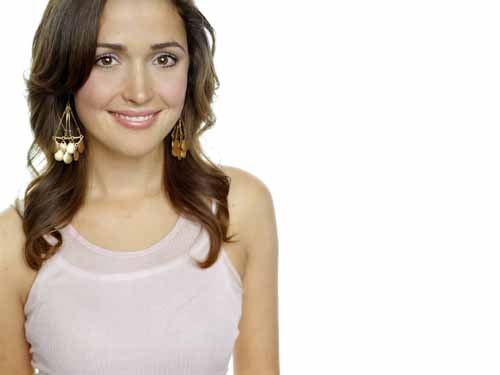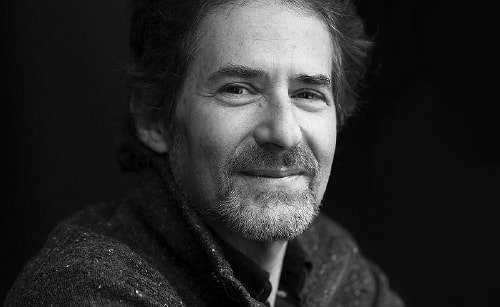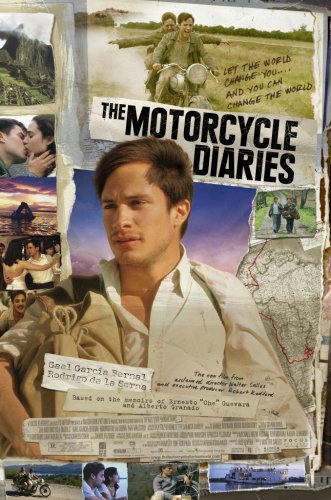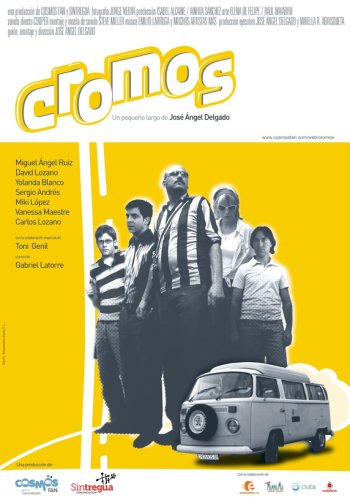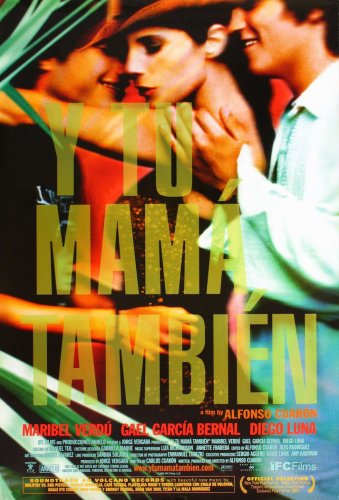| Fecha | Área | Bruto |
|---|---|---|
| 30 September 2004 | USA | USD 133,378,256 |
| 22 August 2004 | USA | USD 133,298,577 |
| 15 August 2004 | USA | USD 133,228,348 |
| 8 August 2004 | USA | USD 133,124,356 |
| 1 August 2004 | USA | USD 132,946,242 |
| 25 July 2004 | USA | USD 132,703,006 |
| 18 July 2004 | USA | USD 132,459,414 |
| 11 July 2004 | USA | USD 132,195,898 |
| 4 July 2004 | USA | USD 131,811,689 |
| 27 June 2004 | USA | USD 130,906,716 |
| 20 June 2004 | USA | USD 129,031,321 |
| 13 June 2004 | USA | USD 125,604,418 |
| 6 June 2004 | USA | USD 119,290,098 |
| 30 May 2004 | USA | USD 109,986,882 |
| 23 May 2004 | USA | USD 85,960,779 |
| 16 May 2004 | USA | USD 46,865,412 |
| 18 July 2004 | UK | GBP 17,885,742 |
| 11 July 2004 | UK | GBP 17,794,703 |
| 4 July 2004 | UK | GBP 17,572,985 |
| 27 June 2004 | UK | GBP 17,103,868 |
| 20 June 2004 | UK | GBP 16,479,717 |
| 13 June 2004 | UK | GBP 15,410,405 |
| 6 June 2004 | UK | GBP 13,951,468 |
| 30 May 2004 | UK | GBP 10,843,111 |
| 23 May 2004 | UK | GBP 6,151,581 |
| 16 May 2004 | UK | GBP 89,286 |
| 9 April 2006 | Worldwide | USD 497,409,852 |
| 9 April 2006 | Non-USA | USD 364,031,596 |
| 20 July 2004 | Argentina | ARS 3,473,655 |
| 13 July 2004 | Argentina | ARS 3,401,625 |
| 6 July 2004 | Argentina | ARS 3,307,412 |
| 29 June 2004 | Argentina | ARS 3,161,683 |
| 22 June 2004 | Argentina | ARS 2,979,146 |
| 15 June 2004 | Argentina | ARS 2,749,123 |
| 8 June 2004 | Argentina | ARS 2,467,964 |
| 1 June 2004 | Argentina | ARS 2,105,970 |
| 25 May 2004 | Argentina | ARS 1,677,460 |
| 18 May 2004 | Argentina | ARS 882,864 |
| 20 July 2004 | Egypt | USD 437,792 |
| 13 July 2004 | Egypt | USD 420,191 |
| 5 July 2004 | Egypt | USD 399,272 |
| 29 June 2004 | Egypt | USD 373,300 |
| 22 June 2004 | Egypt | USD 347,993 |
| 15 June 2004 | Egypt | USD 308,778 |
| 8 June 2004 | Egypt | USD 265,797 |
| 1 June 2004 | Egypt | USD 221,256 |
| 25 May 2004 | Egypt | USD 160,255 |
| 18 May 2004 | Egypt | USD 84,411 |
| 25 July 2004 | Italy | EUR 15,210,225 |
| 18 July 2004 | Italy | EUR 15,163,541 |
| 11 July 2004 | Italy | EUR 15,109,031 |
| 4 July 2004 | Italy | EUR 15,016,555 |
| 20 June 2004 | Italy | EUR 14,656,183 |
| 13 June 2004 | Italy | EUR 14,153,077 |
| 6 June 2004 | Italy | EUR 13,136,124 |
| 30 May 2004 | Italy | EUR 9,593,986 |
| 23 May 2004 | Italy | EUR 4,725,839 |
| 20 June 2004 | Netherlands | EUR 4,605,804 |
| 23 May 2004 | Netherlands | EUR 2,506,346 |
| 16 May 2004 | Netherlands | EUR 983,696 |
| 22 August 2004 | Philippines | PHP 114,800,000 |
| 16 May 2004 | Philippines | PHP 40,200,000 |
| 2 June 2004 | Portugal | EUR 1,018,362 |
| Fecha | Área | Bruto | Pantalla |
|---|---|---|---|
| 16 May 2004 | USA | USD 46,865,412 | 3,411 |
| 16 May 2004 | UK | GBP 89,286 | 1 screen |
| 18 May 2004 | Argentina | ARS 882,864 | 121 |
| 19 May 2004 | Australia | USD 5,943,361 | 418 |
| 14 May 2004 | Australia | USD 4,581,256 | 418 |
| 14 May 2004 | Austria | USD 1,017,826 | |
| 14 May 2004 | Belgium | USD 828,915 | |
| 14 May 2004 | Brazil | USD 2,549,296 | 461 |
| 16 May 2004 | Bulgaria | USD 114,536 | 20 |
| 18 May 2004 | Egypt | USD 84,411 | 5 |
| 14 May 2004 | Europe | USD 25,225,512 | 3394 |
| 14 May 2004 | Finland | USD 263,824 | |
| 14 May 2004 | France | USD 4,643,793 | |
| 14 May 2004 | Germany | USD 7,181,060 | |
| 18 June 2004 | Hong Kong | USD 710,941 | 45 |
| 21 May 2004 | Iceland | USD 58,232 | |
| 23 May 2004 | Italy | EUR 4,725,839 | 704 |
| 4 June 2004 | Japan | USD 994,037 | 73 |
| 16 May 2004 | Netherlands | EUR 983,696 | 130 |
| 14 May 2004 | Norway | USD 464,210 | |
| 16 May 2004 | Philippines | PHP 40,200,000 | 112 |
| 16 May 2004 | Poland | USD 488,043 | 86 |
| 19 May 2004 | Portugal | USD 580,185 | 63 |
| 21 May 2004 | South Africa | USD 481,908 | 87 |
| 14 May 2004 | Spain | USD 5,310,615 | |
| 14 May 2004 | Sweden | USD 782,962 | |
| 14 May 2004 | Switzerland | USD 969,108 |
| Fecha | Área | Bruto | Pantalla |
|---|---|---|---|
| 15 August 2004 | USA | USD 48,162 | 142 |
| 8 August 2004 | USA | USD 91,519 | 209 |
| 1 August 2004 | USA | USD 115,467 | 292 |
| 25 July 2004 | USA | USD 170,897 | 301 |
| 18 July 2004 | USA | USD 129,420 | 110 |
| 11 July 2004 | USA | USD 221,415 | 201 |
| 4 July 2004 | USA | USD 501,411 | 375 |
| 27 June 2004 | USA | USD 957,313 | 711 |
| 20 June 2004 | USA | USD 1,778,352 | 1,303 |
| 13 June 2004 | USA | USD 3,417,016 | 2,003 |
| 6 June 2004 | USA | USD 5,977,491 | 2,750 |
| 30 May 2004 | USA | USD 15,338,115 | 3,411 |
| 23 May 2004 | USA | USD 23,925,330 | 3,411 |
| 16 May 2004 | USA | USD 46,865,412 | 3,411 |
| 18 July 2004 | UK | GBP 33,829 | 42 |
| 11 July 2004 | UK | GBP 93,896 | 95 |
| 4 July 2004 | UK | GBP 152,107 | 162 |
| 27 June 2004 | UK | GBP 284,358 | 315 |
| 20 June 2004 | UK | GBP 617,553 | 353 |
| 13 June 2004 | UK | GBP 720,745 | 413 |
| 6 June 2004 | UK | GBP 1,263,942 | 452 |
| 30 May 2004 | UK | GBP 2,486,054 | 504 |
| 23 May 2004 | UK | GBP 6,017,523 | 504 |
| 16 May 2004 | UK | GBP 89,286 | 1 screen |
| 20 July 2004 | Argentina | ARS 72,030 | 53 |
| 13 July 2004 | Argentina | ARS 94,213 | 62 |
| 6 July 2004 | Argentina | ARS 145,729 | 70 |
| 29 June 2004 | Argentina | ARS 182,537 | 95 |
| 22 June 2004 | Argentina | ARS 230,023 | 93 |
| 15 June 2004 | Argentina | ARS 281,159 | 97 |
| 8 June 2004 | Argentina | ARS 361,994 | 101 |
| 1 June 2004 | Argentina | ARS 428,510 | 107 |
| 25 May 2004 | Argentina | ARS 794,596 | 115 |
| 18 May 2004 | Argentina | ARS 882,864 | 121 |
| 20 July 2004 | Egypt | USD 17,601 | 5 |
| 13 July 2004 | Egypt | USD 20,919 | 5 |
| 6 July 2004 | Egypt | USD 25,964 | 5 |
| 29 June 2004 | Egypt | USD 25,307 | 5 |
| 22 June 2004 | Egypt | USD 39,205 | 5 |
| 15 June 2004 | Egypt | USD 42,991 | 5 |
| 8 June 2004 | Egypt | USD 44,541 | 5 |
| 1 June 2004 | Egypt | USD 61,001 | 5 |
| 25 May 2004 | Egypt | USD 75,844 | 5 |
| 18 May 2004 | Egypt | USD 84,411 | 5 |
| 25 July 2004 | Italy | EUR 26,820 | 26 |
| 18 July 2004 | Italy | EUR 26,115 | 28 |
| 11 July 2004 | Italy | EUR 42,565 | 50 |
| 20 June 2004 | Italy | EUR 257,894 | 179 |
| 13 June 2004 | Italy | EUR 516,289 | 348 |
| 6 June 2004 | Italy | EUR 1,205,601 | 514 |
| 30 May 2004 | Italy | EUR 2,744,606 | 679 |
| 20 June 2004 | Netherlands | EUR 153,271 | 120 |
| 23 May 2004 | Netherlands | EUR 1,169,982 | 132 |
| 16 May 2004 | Netherlands | EUR 983,696 | 130 |
| 16 May 2004 | Philippines | PHP 40,200,000 | 112 |
